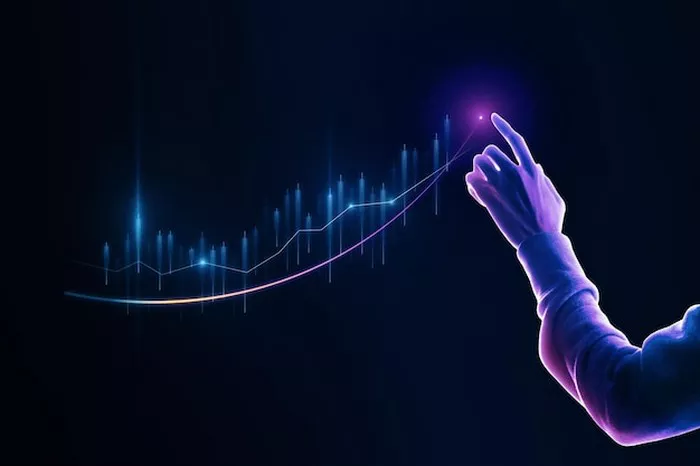Futures are essential financial instruments in the share market, offering traders and investors a means to speculate on the future price movements of various assets, including stocks, indices, commodities, and currencies. Understanding what futures are and how they operate is crucial for anyone looking to participate in the dynamic world of share market trading.
Defining Futures in the Share Market
Futures, also known as futures contracts, are standardized financial agreements that obligate the buyer to purchase, and the seller to sell, a specified asset at a predetermined price on a future date. These contracts serve as a means for market participants to hedge against price fluctuations or speculate on the future price movements of the underlying asset. In the share market, futures contracts are primarily linked to stocks, stock indices, and other related financial instruments.
Key Features of Futures Contracts:
Standardization: Futures contracts have standardized terms and conditions, including the quantity, expiration date, and underlying asset. This standardization ensures consistency and facilitates trading on futures exchanges.
Leverage: Futures trading typically involves significant leverage, allowing traders to control a more substantial position with a relatively small amount of capital. However, this leverage magnifies both potential gains and losses.
Expiration Dates: Each futures contract has a specific expiration date, after which it can no longer be traded. Traders can choose contracts with varying expiration dates to align with their trading strategies.
Cash Settlement: Most futures contracts are cash-settled, meaning they do not result in the actual delivery of the underlying asset. Instead, they are settled in cash based on the difference between the contract’s price and the market price of the asset at the time of expiration.
Market Participants in Futures Trading
Futures markets are composed of a diverse group of participants, each with their own objectives and strategies. Understanding these market participants is essential for gaining insights into how futures trading operates in the share market:
Hedgers: Hedgers are market participants who use futures contracts to mitigate or “hedge” the risk of adverse price movements in the underlying asset. For example, a farmer might use corn futures to protect against a decline in corn prices.
Speculators: Speculators are traders who seek to profit from price fluctuations in the futures market. They do not have an underlying interest in the asset but aim to capitalize on market movements. Speculators can be both long (buyers) and short (sellers) in the market.
Arbitrageurs: Arbitrageurs are traders who exploit price discrepancies between related assets or markets. They simultaneously buy and sell futures contracts or related assets to profit from price differentials. Arbitrageurs play a crucial role in ensuring efficient pricing in the futures market.
Institutional Investors: Institutional investors, such as mutual funds, pension funds, and asset management companies, often use futures contracts to manage their portfolios and implement investment strategies. They may use futures for hedging or to gain exposure to specific asset classes.
Significance of Futures in the Share Market
Futures contracts hold significant importance in the share market and the broader financial industry for several reasons:
Risk Management: Futures contracts provide a valuable tool for investors to hedge against adverse price movements in the share market. Hedgers can use futures to protect their portfolios from losses.
Price Discovery: Futures prices are considered leading indicators of market sentiment and future price movements. Traders and investors use futures prices to gauge market expectations and make informed trading decisions.
Market Liquidity: The futures market is highly liquid, allowing traders to enter and exit positions with ease. This liquidity provides flexibility and reduces trading costs.
Diversification: Futures contracts offer diversification opportunities. Investors can gain exposure to various asset classes, including stocks, without owning the underlying assets.
Speculation: Speculators in the futures market add liquidity and efficiency to the market. They provide liquidity for hedgers and other market participants, enhancing overall market functionality.
Conclusion
Futures contracts in the share market are indispensable instruments that serve a variety of purposes for market participants. These contracts allow traders and investors to hedge against price fluctuations, speculate on future price movements, and manage risk in their portfolios.
Understanding the key features of futures contracts, market participants, and their significance in the financial industry is essential for anyone looking to engage in futures trading. By gaining a deep understanding of futures, market participants can navigate the complexities of the share market more effectively and make well-informed trading decisions.


